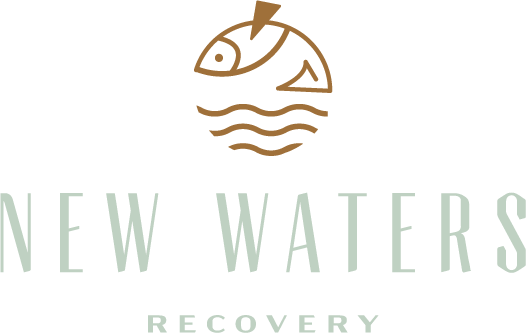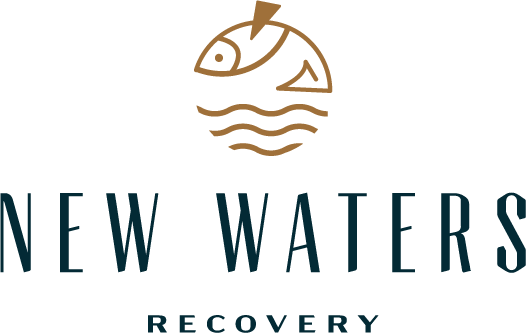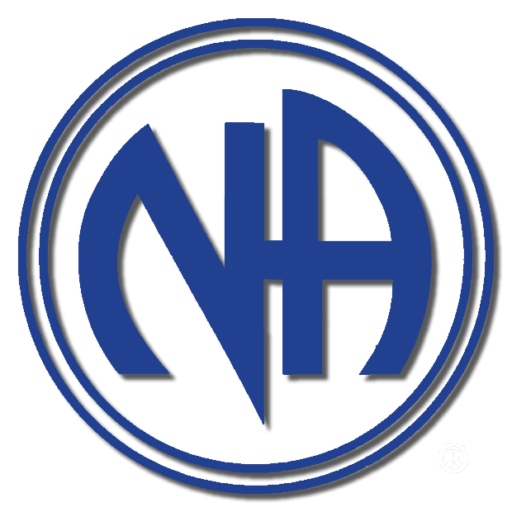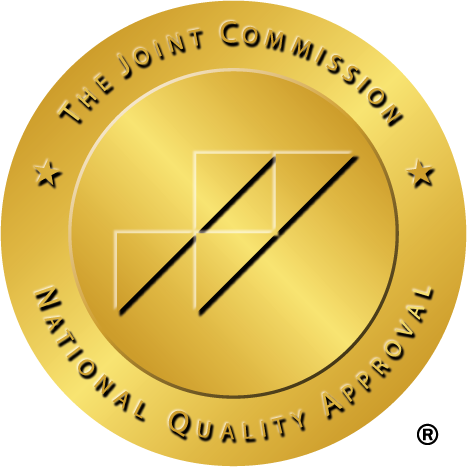After taking the first step to seek substance abuse treatment in Wilmington, NC, you and your family may be worried about how to pay for it.
Many health insurance providers offer coverage for all or some of your addiction treatment. However, your coverage may vary according to your provider, plan, and treatment facility. Insurance companies usually have in-network providers, which are facilities that made an arrangement to offer lower prices for plan members. While you can still go to out-of-network providers, it may cost you more for addiction treatment.
If you’re not sure how the insurance part of addiction treatment works, be sure to ask your preferred treatment centers to see what’s available. They can help you navigate your options.
If you don’t have insurance or don’t have adequate coverage, some treatment centers offer income-based fees and installment plans to help you access the treatment you need. This can vary by the rehab center. You can also look into state-funded programs, nonprofit grants and scholarships, and other community resources to help with payment.









